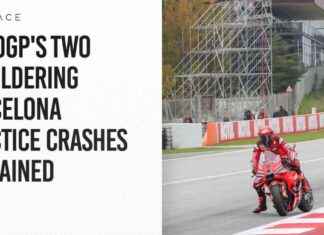This is huge progress: for the first time, a generation of disabled people, better taken care of, is surviving their parents. But this medical advance has a downside. While neither the families nor the public authorities are prepared for it, for the first time also, a generation of parents is worried about the future of their children after their death.
This concern potentially affects the 12 million people living in France with a disability and those around them, and more particularly the 20% of them with a visible disability – as opposed to an “invisible” disability (mild, deaf, etc.) .
To answer it, the director Martin Blanchard chose not to make an inventory of the existing possibilities, but to carry out a long-term report in a unique structure in France, the Maison d’accueil familial (MAF) of Boistissandeau, at Herbiers , in Vendee. There, since 2007, the year of its creation by the association Handi-Espoir, in a magnificent castle surrounded by gardens, it welcomes disabled adults and their elderly parents in the same place. The cost of accommodation is 1,500 to 1,600 euros per month.
The cameras followed the daily life of some of these family duos. Starting with Marie, 74, and her daughter, Marie-Madeleine, 33, with Down syndrome, who will go through the difficult stage of the decision: the realization that “it can’t last any longer”, the move, since their beautiful house to their impersonal adjoining studios, then the adaptation phase.
Filming unvarnished reality
Claudette, 85, and her daughter, Joëlle, 64, arrived in 2008. Claudette was only 70 then, and she remembers the shock she felt: “You leave so much behind. I felt like I was in prison (…). But we have no choice. »
The purpose of the report is not to embellish the reality. Settling in Boistissandeau, “it means living in a community, with many other disabled people, and in a vacuum,” says Anne, 84, mother of Arnaud, 50, severely disabled. Filming unvarnished reality has some comical scenes, including a close-up of a denture in a glass…
The coaching staff is very caring. Over time, the positive sides appear. “For me, it’s less complicated now. I feel freer,” says Claudette. “Pascal [63] has never been better than since he’s been there,” says his mother, Odette, 103. And life goes on for adults with disabilities: Armelle is in love with Larry, Thierry plans to move in with Laure and have children…







